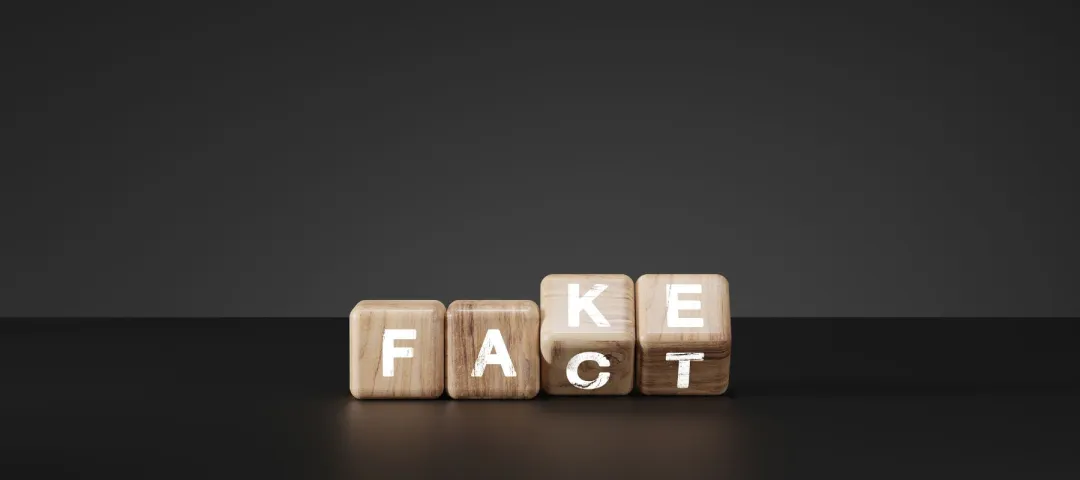Tackling disinformation
Rural communities, like the whole of society, are prone to disinformation- a major challenge for European democracies. An overview of actions taken at the EU level and a 'whole-of-society' approach.

Disinformation is false or misleading content that is spread with the intention to deceive or secure economic or political gain, and which may cause public harm.
Perpetuated by biases in social media, artificial intelligence, synthetic media or intentional foreign influence, disinformation erodes social trust, divides societies, and undermines democracy. Large-scale disinformation campaigns are a major challenge for Europe and require a coordinated response from EU countries, EU institutions, online platforms, news media and EU citizens. The Commission has developed a number of initiatives to tackle disinformation.
Increasing social resilience- ensuring that societies remain resilient to these threats- is key to countering disinformation, and the European Commission has adopted a two-fold approach based on increasing citizens’ awareness of the risks of information manipulation and foreign interference, and increasing digital and media literacy. Notable examples of EU-level action include the flagship project EUVSDISINFO and a series of videos produced by the European Parliament to increase awareness of disinformation threats and access to quality information.
Disinformation: a key concern for Europe
Rural communities, like the whole of society, are prone to disinformation, and the issue has been noted as one of the actions in the framework of the EU's new Vision for Agriculture and Food.
At the 3rd meeting of the Subgroup on LEADER and territorial development (SoLTD), held in Brussels on 5 and 6 March 2025, Subgroup members heard from Paolo Cesarini of EDMO - the European Digital Media Observatory (Europe's largest interdisciplinary network to counter disinformation) about the scale of challenges we can all face from harmful populism and deliberate false reporting.
Mr Cesarini gave some examples of disinformation targeting EU agricultural policy, which included the inaccurate story that spread on digital media during the Spanish Parliamentary elections of 2023 about Spain abolishing agriculture due to climate protection reasons.
He went on to explain that tackling disinformation is about respecting fundamental rights, including freedom of expression, and requires a multidimensional approach. EDMO identified four main areas of work:
- Considering citizens’ rights to make informed decisions in democratic processes.
- Making online platforms more transparent and accountable, through soft and hard laws.
- Creating an enabling environment for Media Freedom and resilient democracy.
- Adopting a whole-of-society approach (including media, civil society, academia and private sector) to understand the threats, calibrate responses and empower citizens.
Important elements for this ‘whole-of-society’ approach include the European Media Freedom Act (with new rules fully applicable from August 2025), the Code of Conduct on Disinformation, support to fact-checking and research, media literacy, training and outreach.
Digital literacy is another important tool, especially for younger generations who were ‘born digital’ and need some guidance to filter information and assess their sources. In Austria, a LEADER project worked to increase young people’s awareness of the principles and processes of ethical, trustworthy news media production. It provided training programmes in collaboration with a regional TV station and created a digital platform where young participants can produce and share their content with a wider audience.
Reflections on how LAGs can be involved in increasing the resilience of rural communities against disinformation are currently underway.